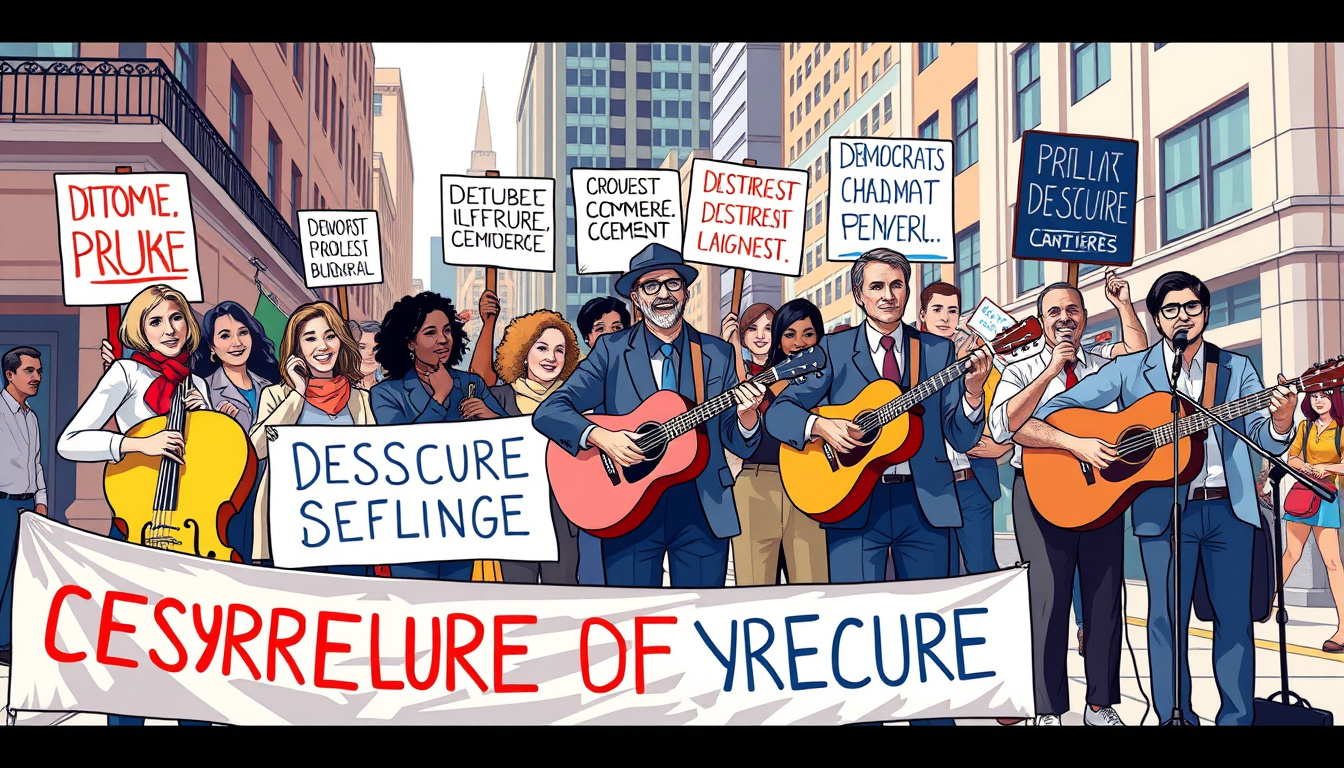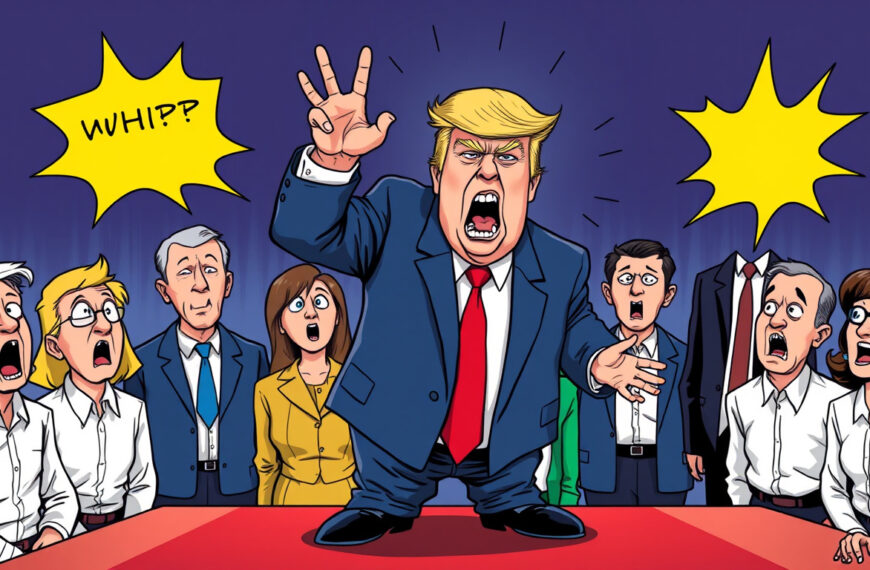In a gripping instance of political dissent, House Democrats took to song as a form of protest following the censure vote against Representative Al Green. This extraordinary display unfolded in the chamber where the recent vote saw 213 Republicans and nine Democrats aligning with them, resulting in a decisive censure against Green, thus marking a noteworthy moment in the ongoing tensions within the party.
The atmosphere in the House was charged during the vote, as members grappled with their positions amidst a backdrop of mixed emotions among their ranks. While the majority voted in favor of censure, the presence of dissenting Democrats provoked a deeper examination of unity and leadership within their party. Notably, the House Speaker’s decision to call Rep. Green to the well after the resolutions’ passage aimed to underscore the seriousness of the censure, yet what transpired next drew even more attention.
As the Speaker attempted to bring order, chaos erupted in the chamber. Democrats, exhibiting a blend of frustration and solidarity, surrounded Rep. Green and began to sing, a symbolic act bridging their shared discontent. This unforeseen musical protest not only disrupted the proceedings but also drew focus away from the anticipated reprimand and towards the emotional and political turmoil expressed among Democrats.
The scene played out against the backdrop of comments from party members who felt directionless, with many openly expressing embarrassment and frustration regarding their leadership’s failure to manage the situation. Sources indicate that some Democrats were caught in a bind, torn between party loyalty and their perceptions of right and wrong concerning Green’s actions that led to censure. Additionally, several Democratic members opted to vote present rather than taking a definitive stance, reflecting a growing divide within the party.
The implications of this event extend beyond the chamber walls. It was a clear manifestation of dissent not just against the Republican majority but also within the Democratic caucus itself. As members grappled with feelings of mortification and confusion, it became evident that the party was at a crossroads, facing challenges to its unity and direction. The disruption and the music were not merely an expression of anger but also a desperate call for solidarity in the face of internal conflict.
In the aftermath of the censure, the significance of music as a tool for expression was highlighted. The act of singing created a moment of collective defiance, a melodic protest resonating with many in the Democratic Party who feel uncertain about their current course and leadership. It reinforced an essential reality in politics: that even amidst discord, there can be harmony found in shared struggles and the quest for voice.
As the dust settles from this tumultuous event, questions remain regarding how the Democratic Party will navigate these turbulent waters. The incident serves as a stark reminder that political landscapes are often fraught with challenges and contradictions, calling for introspection and unity among members to emerge stronger from dissent.
In conclusion, the use of music by House Democrats stands as a powerful symbol of their struggle for coherence and direction during times of division. The peaceful yet poignant act not only expressed their dissatisfaction with the censure but also underlined the pressing need for solidarity and strong leadership as they move forward. The harmony of dissent in this case exemplifies how even in moments of chaos, a collective voice can seek to find understanding and foster unity amidst adversity.
Ready to get in the game and start making money on Pump.fun? DogWif Tools is the #1 memecoin sniper tool for becoming a Pump.fun millionaire. Get DogWif Tools today and become a memecoin dev!








